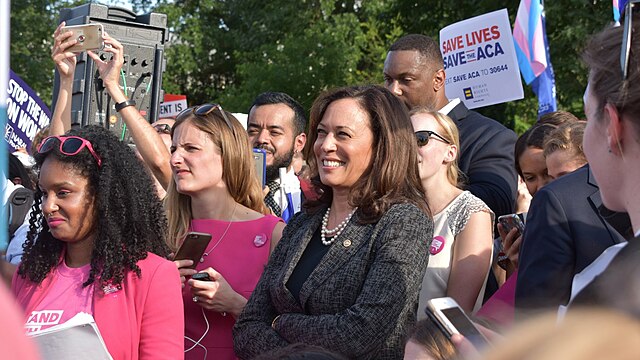The clock strikes 1 a.m. While you may not turn into a pumpkin or lose a glass slipper, it’s likely that you’ll notice some red golf carts patrolling campus, shutting down the evening’s festivities.
Public Safety, or “P-Safe” as most of us know them, has arrived to extinguish our party.
While it is important to acknowledge the rules and to enforce them, how much enforcement is too much? At what point does enforcing the rules cause more harm than good?
Lately, it seems like the line between keeping campus safe and documenting students is getting blurry.
With the recent so-called “party ban” on Campbell House, along with a serious rise in the number of documented students this year, it feels like it is getting harder for students to enjoy socializing on campus without the risk of getting in trouble.
Sandy Bowles, director of student judicial affairs, thinks there is no difference in the rule enforcement this year.
“There have been more documentations, but it’s not because we’ve changed the expectation for documentation, it’s not because instructions to the RAs, hall directors and public safety officers are any different,” said Bowles. “Policies have not changed. The system hasn’t changed. At all. In any way, shape or form.”
Perhaps no rules have changed. Perhaps the system is the same. Even so, something feels different. Certainly the rise of students being herded into judicial hearings points to some sort of change, whether intentional or not.
“Everyone thinks they’re getting stricter because of the amount of things they’ve limited us to on campus that makes them more honed in on certain situations,” said junior Zachary Kronisch. “Since no one can hang out in the woods now, they’re less spread out, so when (P-Safe) patrols, they patrol a lot harder in places known to have gatherings. And the only places that are known to have parties on campus are clearly the old (North) Apartments and the theme houses.”
Many students feel scared to party on campus for fear of a bust from P-Safe or documentation from an RA, and, unfortunately, this could push those students off campus to party. The implications of this could be far more detrimental then loud music and crowds on campus.
With students feeling forced off campus, the risk for drinking and driving increases exponentially. Also, the safety our closed campus offers diminishes and students face the more severe consequences that partying can bring.
“For a school that tries to emphasize an on-campus community, they need to be realistic about the fact that students socialize at night,” said junior Kelsey Worthy. “Making the party environment on campus so restricting … (and) fitting it in a set of rules with noise and hours, pushes people off campus. It pushes people into dangerous and legally-compromising situations.”
The fact is that we’re in college, and whether right or wrong — many of us stay up late, drink and — yes — sometimes make bad decisions.
But that’s part of life and, often, the college experience. Shouldn’t Guilford College encourage students to make mistakes and learn these lessons on campus, where if any serious trouble occurs, there are resources readily available to provide help? Wouldn’t Guilford rather have some students being a little rowdy and loud than getting into a car accident off campus or getting seriously injured?
“Kids are going to party no matter what,” said junior Alejandro Salcedo. “If they don’t have a comfortable place to do it, they’re just going to go off campus and risk getting in all sorts of different trouble.”
Recently, most of the student body has been shocked and is upset to learn that Campbell House will not be hosting any more parties.
“They gave us guidelines on how to have a party that was okay that involved 28 people inside not doing anything,” said Kronisch, a member of Campbell House. “So that’s not a party. The second we have a party, they’re going to have RAs and P-Safe — who already have all their eyes on us — swarm in and kick us out of the house.”
Director of Public Safety Ronald Stowe thinks the blame should be on students, not staff.
“The ‘pushing students off campus’ argument is … in my opinion, a cop out and not a valid argument at all,” said Stowe. “If a student chooses to go off campus to party, then they should do so knowing there could be consequences to that choice. To place the blame for that on Public Safety or the college in general is simply irrational and immature.”
While I agree that every individual is responsible for his or her actions and the consequences of them, it seems to me like it’s actually a “cop out” to simply say, “too bad — it’s your choice.” Isn’t it the responsibility of the college to keep us safe after all? Guilford is supposed to be based on a tight on-campus community with an emphasis on doing that which is best for the student body.





